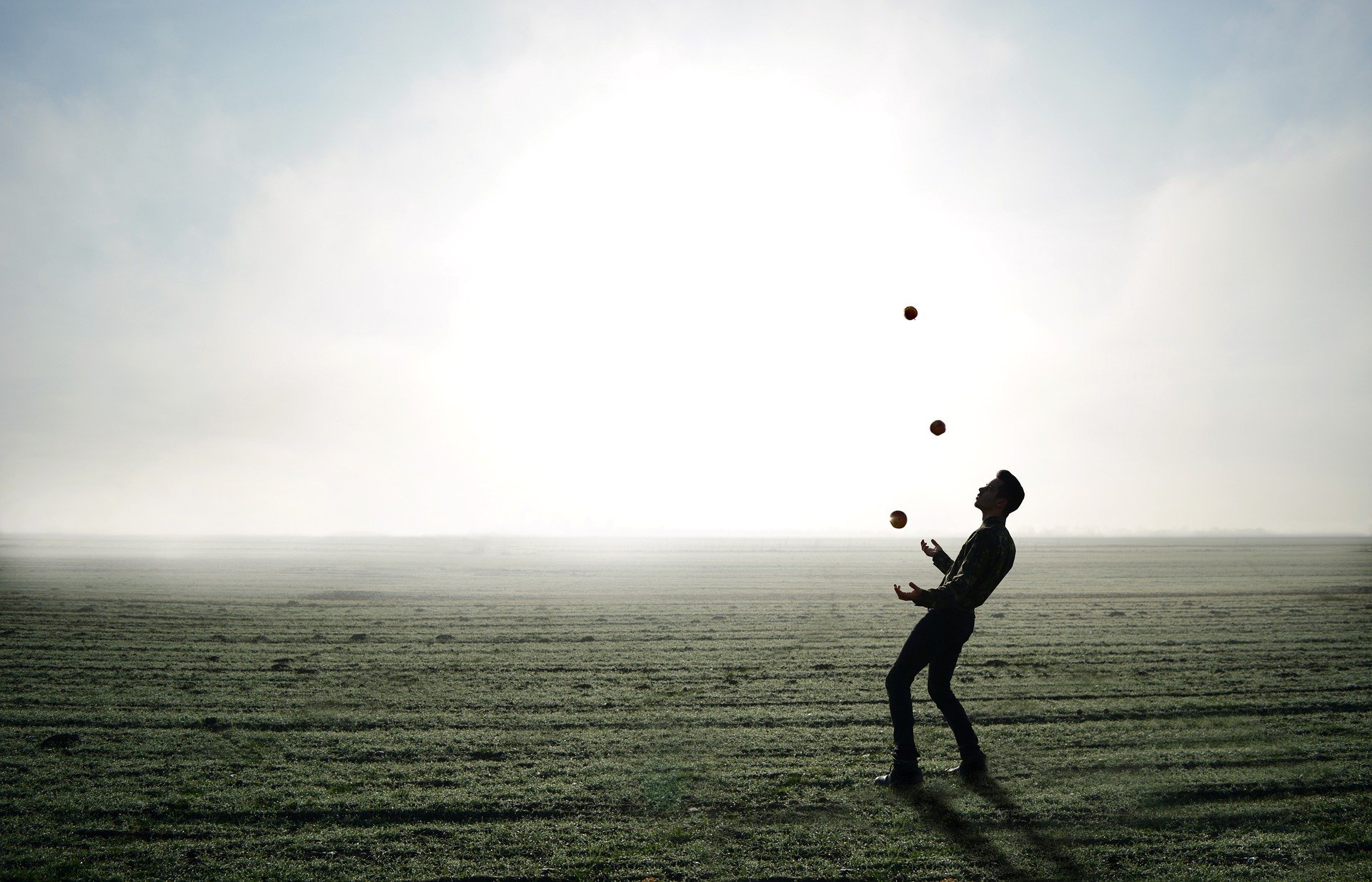
Habit is something defined as a routine behaviour that is repeated regularly and tends to occur subconsciously. As the years pass us by so do the number of habits we have, these habits become more dominant and are often dictated by our lifestyles and circumstances. Circumstances change however and as such so do our lifestyles, when this happens are, we more or less likely to consider new habits and ditch old ones. Is there a propensity to be more accepting of previously foreign and less appetising lifestyle choices when we are forced to deal with circumstances that are new?
Being instructed to stay at home, being instructed to not mix or socialise with anyone outside of our immediate households is certainly a shift in circumstance and this new normal that has enveloped us for the last year has certainly had a significant impact and influence on the way we view ourselves which in turn has led to a huge shift in our behaviour and in what it is we view as acceptable.
A rather tongue in cheek example of this renewed energy to accept and consider previously unacceptable behaviours is no more obvious than the massive increase in dog owners in the UK in the last year. In many homes the thought of taking on the responsibility of having to feed, groom, and entertain a canine companion was discarded instantaneously despite constant vocal and often rather robust protestations from the younger members of a family. In the last year, however, even, those vociferously opposed to dealing with dogs have begun to entertain the idea of dog ownership, as we learn to reconsider what constitutes a warm happy home environment. Perhaps a period of reflection or puppy pondering has been driven by society’s acceptance of new behavioural norms.
A recent report stated that only 37% of people in the UK exercise regularly. This is a rather worrying statistic and endemic of the lifestyle choices we make that become habits. The rat race that constitutes work, school, and running home often leaves very little time for a healthy hour or two. In a report published in October 2020 however research was showing that between May and July 2020 39% of people had begun walking or were walking more than ever before, similarly, 38% of people said they were cycling more. Importantly 94% of people have stated that even once covid restrictions are lifted they will continue to walk and cycle and in so doing break the habits of the past and engage in new behaviour and lifestyle choices.
The “work from home” idea as an alternative to the daily commute, as a solution to the challenges facing a modern lifestyle has been slow in garnishing support amongst many. Both employer and employee have shied away from this radical proposition often quoting such things as productivity, security, and efficiency when discarding the concept to the trash heap of innovative thinking. One global pandemic later and we are rummaging through the same trash heap in search of ways to secure sustainability and business continuity. Our behaviour and habits have been forced to adapt and change, our daily work routines that previously included teeth brushing, and deodorant as non-negotiables have shifted as we acclimatise to productive, secure and efficient home work environments. In much the same way sending a text as opposed to making a voice call slowly became acceptable trusted communications behaviour, so has our appreciation for working from home grown and become acceptable when forced to entertain the idea that our previous habits and behaviour are no longer suitable.
Ultimately change happens, with time we see shifts in behaviour that evolve and ebb and flow, but it takes a significant event to create a groundswell tangential reconsideration of how we behave, what we enjoy, and importantly our appetite for difference. In essence, not much has changed we are faced with a series of choices some of which are more appealing than others largely dependent on the time that we encounter them. How we respond to these choices, whether we see them as opportunities or as hindrances and obstacles is up to us. Embracing change has always been a difficult and challenging ideal in a comfort driven society, but in a society not that comfortable is accepting change more likely. On an individual level there is no doubt that years from now we will look back and reflect on the impact of 2020/21 on our lives and if nothing else hopefully see that some balance was restored.